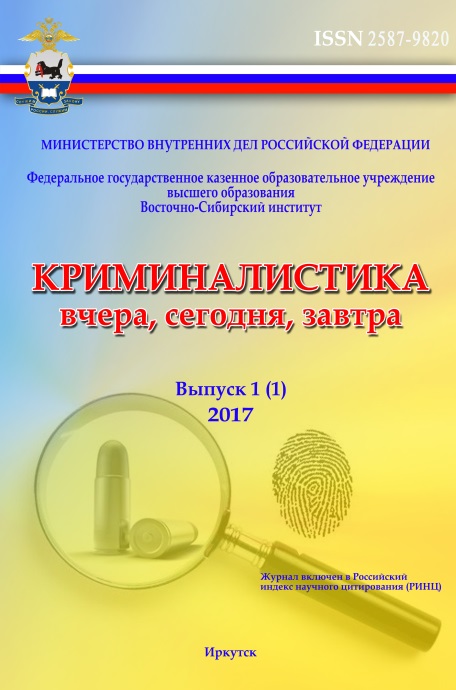Abstract. Due to the peculiarities of psycho-physiological development in minors, the participation of children in criminal proceedings necessitates the use of a differentiated approach by the bodies of pre-trial investigation and courts to ensure and realise their rights during juvenile proceedings. The fundamental means of protecting children's interests is the correct and age-appropriate determination of criminal liability in accordance with the legal system of the country. This threshold should be set exclusively at the legislative level based on the cultural, political and financial characteristics of the state. A reasonable threshold for bringing an individual to criminal responsibility must be established based on their mental and psychological development. Despite the precise fixation in the norms of the criminal law regarding the age at which a person can be held criminally responsible for committing a specific offence, law enforcement practices face procedural situations that require special knowledge in fields such as medicine, psychology, psychiatry and sociology. The individual age of an individual depends on both internal and external factors, including calendar (absolute) and biological (conditional) age. There is an interrelationship between an individual's age and their capabilities, which is considered in criminal cases as the likelihood of a person exhibiting deviant behavior to be held responsible before the state or society for illegal acts committed. Law enforcement practices use various methods to establish age as an element of evidence in criminal proceedings. Timely collected evidence makes it possible to avoid judicial and investigatory errors and effectively implement the norms of Chapters 14 and 50 of the relevant codes. These chapters aim to ensure the rights and interests of minors. Today, minors are special participants in the criminal process and are treated by the state with special attention.
minor, juvenile, age, criminal responsibility, juvenile proceedings, juvenile court proceedings, subject of proof, medical-psychological-psychiatric expertise
1. Sitkovskaya, O. D. Ugolovnyj kodeks rossijskoj Federacii: psihologicheskij kommentarij [Criminal Code of the Russian Federation: psychological commentary]. M.: Zercalo. 1999, 96 p. (in Russian). (in Russian).
2. Latypov, V. S., Morugina, N. A. Obespechenie prav nesovershennoletnih v ugolovnom sudoproizvodstve po zakonodatel'stvu otdel'nyh zarubezhnyh gosudarstv [Ensuring the rights of minors in criminal proceedings under the legislation of certain foreign states]. Lex russica. - Lex russica. 2024, no. 77(3), pp. 96-106. (in Russian).
3. Vartanyan, G. A., Onishchenko, O. R. K voprosu o nastuplenii vozrasta ugolovnoj otvetstvennosti [To the issue of the age of criminal responsibility]. Vestnik Omskogo universiteta. Seriya «pravo» - Vestnik of Omsk University. Series "law". 2017, no. 1 (50), pp. 206-210. (in Russian).
4. Mihajlova, T. N., Gribunov, O. P. Differencirovannyj podhod zakonodatelya k opredeleniyu predmeta dokazyvaniya po ugolovnym delam v otnoshenii nesovershennoletnih lic [The differentiated approach of the legislator to the definition of the subject of proof in criminal cases against minors]. Izvestiya Tul'skogo gosudarstvennogo universiteta. Ekonomicheskie i yuridicheskie nauki. - Izvestiya Tula State University. Economic and Legal Sciences. 2021, no. 1, pp. 16-24. (in Russian).
5. Sudebno-medicinskaya ekspertiza vozrasta zhivyh lic: spravochno-medicinskoe posobie [Forensic examination of the age of living persons: medical reference manual]. Kursk, OBUZ «BSME» KZ Kurskoj oblasti, GOU VPO «KGMU». 2012, 48 p. (in Russian).
6. Martirosov, E. G. Vozrast: hronologicheskij, biologicheskij, motornyj : metody opredeleniya [Age: chronological, biological, motor age: methods of determination]. Belgorod, 2004, 54 p. (in Russian).










